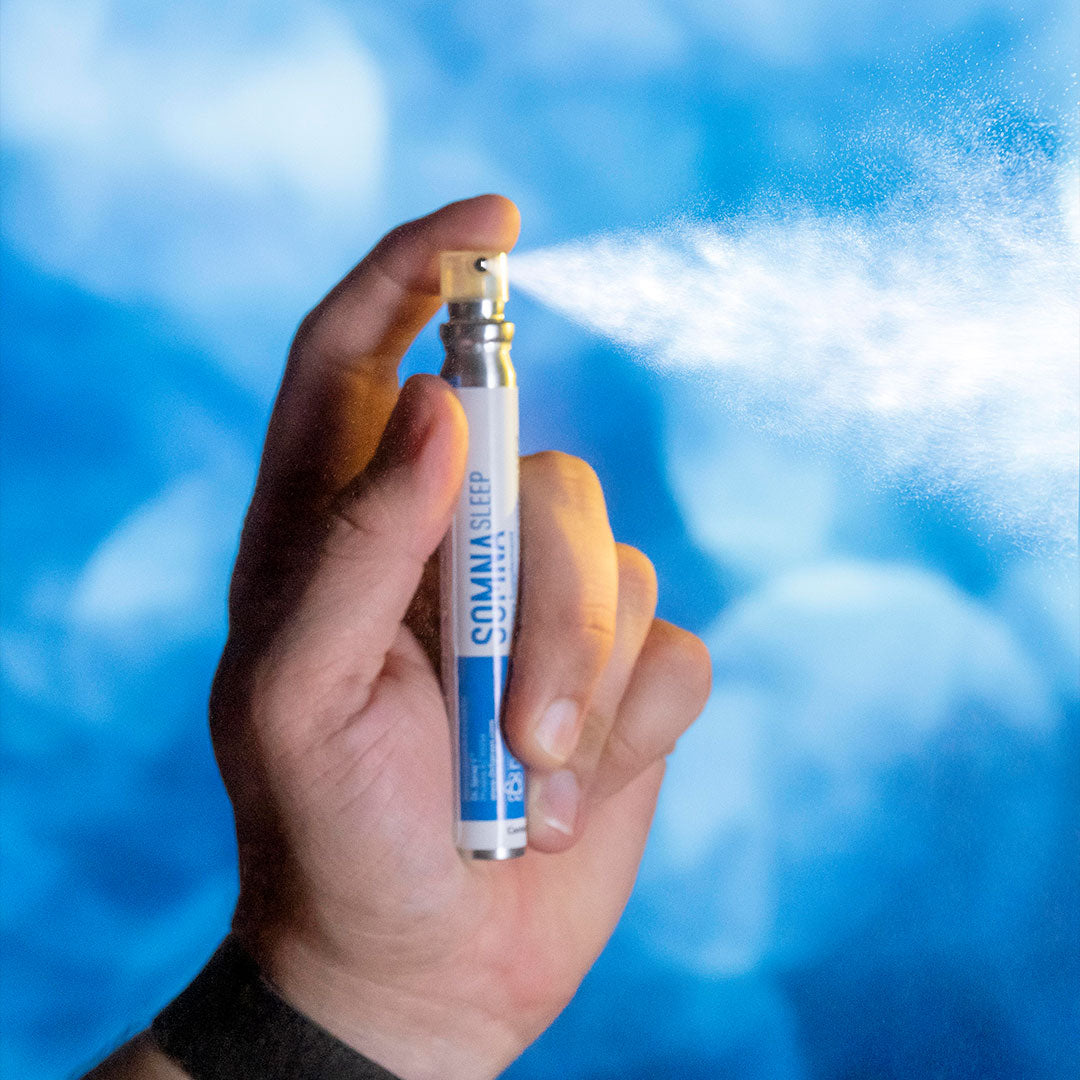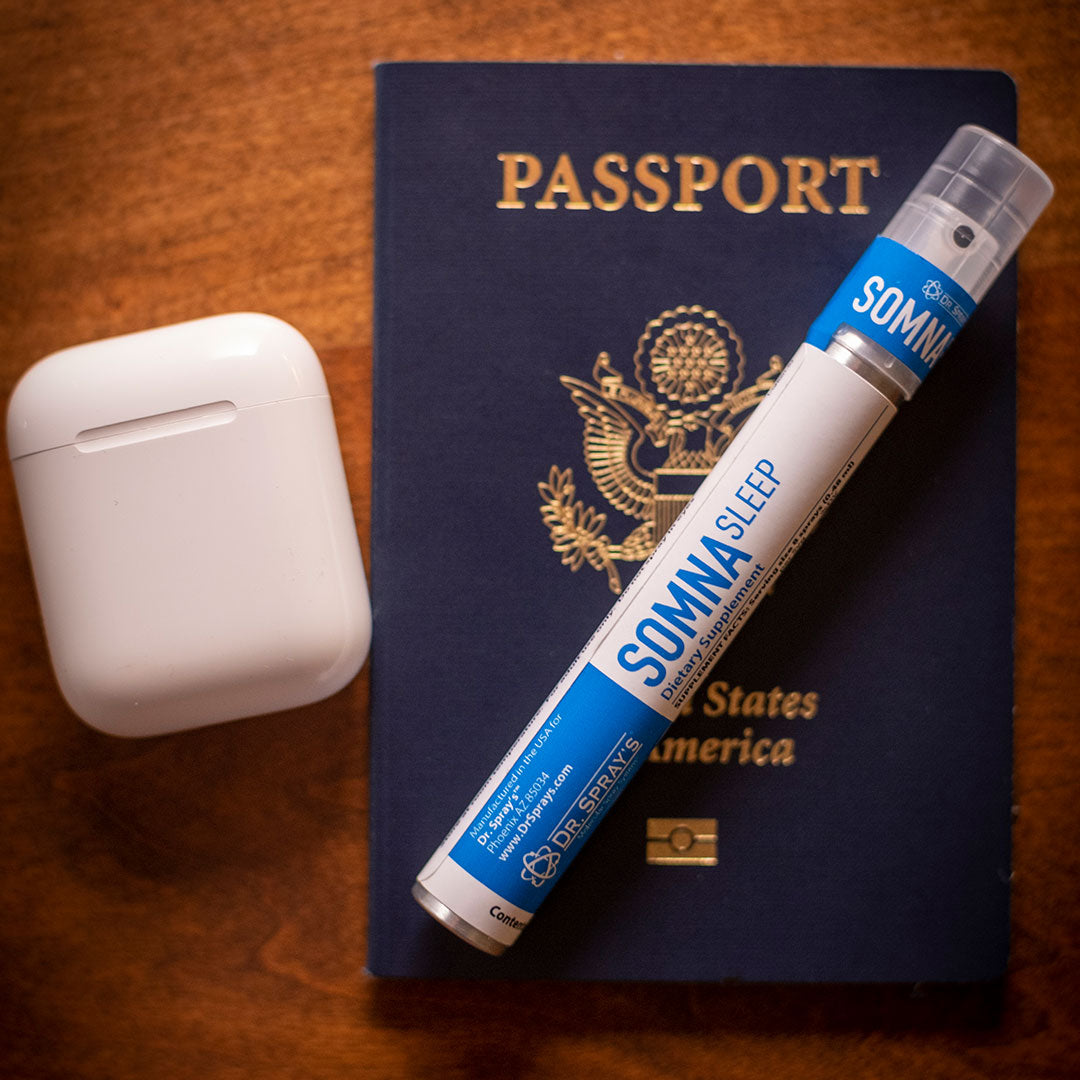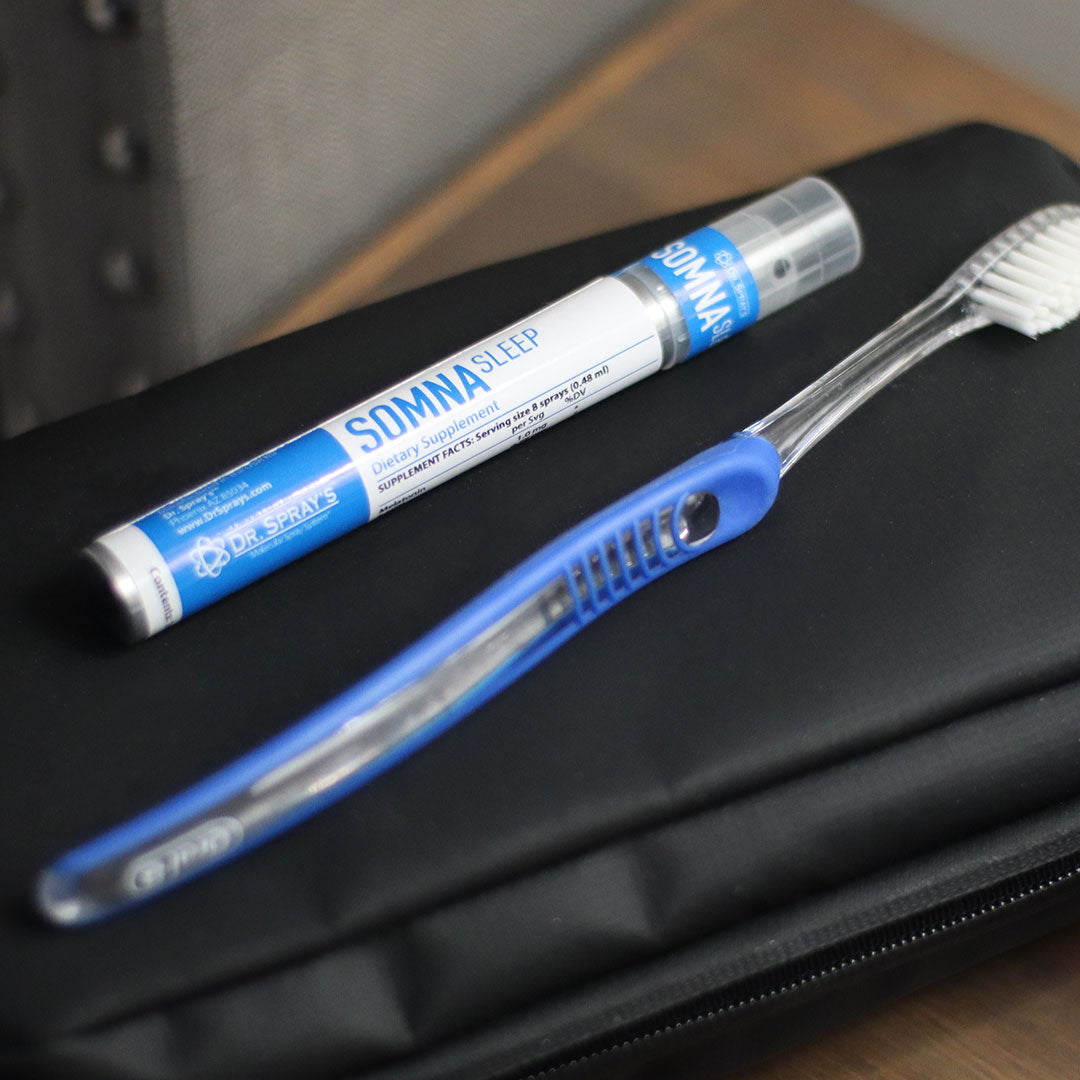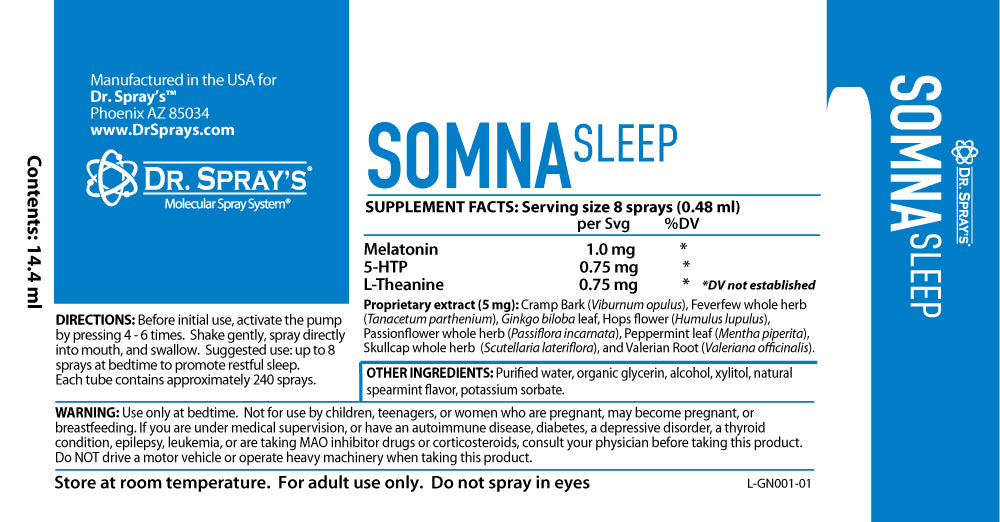How Many Hours Do 15 Year Olds Need To Sleep?
Most teenagers need around 8 to 10 hours of sleep each night. But some teens might need as little as 7 hours or as much as 11 hours of sleep to feel well rested.
During the school week, it can be hard to get enough sleep because of early morning classes, after-school activities, and homework. That's why it's important to have a good bedtime routine.
To make sure you're getting enough sleep, try to:
- Go to bed and wake up at the same time every day, even on weekends
- Avoid caffeine and sugary drinks before bed
- Create a relaxing bedtime routine, such as reading or taking a bath
- Keep electronics out of the bedroom
Getting enough sleep is important for your health and well-being. So don't be afraid to ask for help if you're having trouble sleeping.
Teens need more sleep than they did when they were younger because their bodies and minds are growing and developing. Unfortunately, many teens do not get enough sleep. According to the National Sleep Foundation, only about 30% of teens report that they get 8 hours or more of sleep on an average school night.
There are a number of reasons why teens may not be getting enough sleep. First, they have a lot of things going on in their lives. They may be involved in after-school activities, have part-time jobs, and be trying to keep up with homework and social media. All of these things can take up a lot of time and make it difficult for teens to get to bed at a reasonable hour. Second, hormones can play a role in how much sleep teens need. The hormone melatonin, which helps regulate sleep, is produced in smaller amounts during puberty, which can make it harder for teens to fall asleep and stay asleep.
Not getting enough sleep can have some serious consequences for teens. It can lead to problems with mood, memory, and focus. It can also increase the risk of accidents and injuries. Teens who don't get enough sleep are also more likely to suffer from obesity, depression, and anxiety.
If you're a teen who is not getting enough sleep, there are some things you can do to try to get more. First, make sure you're not using any electronic devices (TV, laptop, phone) in bed. The light from these devices can interfere with your body's production of melatonin and make it harder to fall asleep. Second, establish a regular bedtime routine and stick to it as much as possible. This can help train your body to know when it's time to sleep. Finally, avoid caffeine before bed. Caffeine can stay in your system for up to 8 hours and make it hard to fall asleep.










